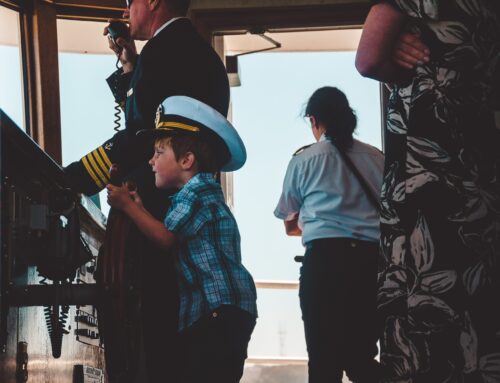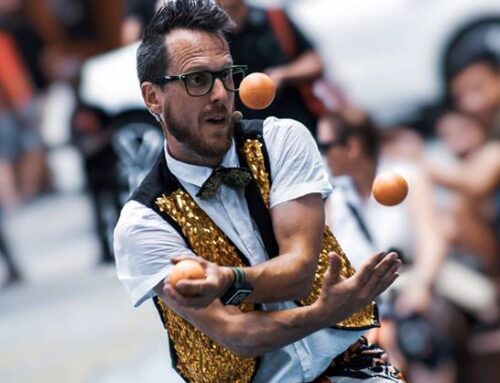Taking time to reflect on the year that’s been..
For some, the end of this year is looming scary-fast, with little time to achieve all the things still on the list. For others, the working days between now and the Christmas break will be an agonisingly slow grind. And for most of us, despite what we know about time not following the normal rules during December, we’ll still be surprised how quickly it sneaks up on us before we can knock off for the year.
Though it may feel like a fairy tale, it’s true that once upon a time in the working lives of Australians, before ‘just-in-time’ production (and JIT inventory and JIT technology and JIT everything else) took hold, customers at all levels actually expected a bit of a slowdown towards Christmas. December was a time for people to tidy their office, close out tasks that had been hard to get to any earlier, plan for new year projects and when a little space could be found, to reflect on the past year.
Of course, in 2019 this really isn’t a thing and I suspect that the pace and the expectations that we live with day-to-day means that we only take time for reflection if we plan for it consciously and deliberately.
American thinker, philosopher and teacher, John Dewey, was a very smart man. When he wasn’t having profound influence on psychology, political science or public education, he was writing and teaching about learning. It was way back in 1930 when he remarked:
We don’t learn from experience…. we learn from reflecting on experience.
Dewey gets credit for being among the first Western thinkers to acknowledge this and since then, there’s plenty of evidence to support reflection being a fundamental plank in the learning process. While we don’t need to reflect too deeply to learn that leaning on a hot stove is a bad idea, many of our experiences at work and in other aspects of our lives are more complex and subtle and offer a rich learning opportunity, if we choose to take it. Without reflecting on our past experiences and considering our responses and the range of responses available to us, how are we to glean wisdom and consequently change our behaviours for more desirable results in the future?
Chances are that you’ve had a busy year. You’ve been on the move, constantly working to complete a list of tasks that seems never to diminish in complexity, let alone in size. You are almost always ‘connected’ – either to work or online or with other people, all of whom have their own expectations of you. And at work, your performance is being evaluated in terms of the volume of work you actually get done.
So, how do you find time for reflection?
How do you find time to think over what’s worked and what may have been done differently for even greater success? How do you ensure that you are learning from your experiences and not just repeating the same stuff and hoping it continues to be enough? Chances are that you – like so many others – simply don’t.
At AltoPEOPLE, we lean heavily on great thinkers and doers from the past. There’s good reason to when so much practical wisdom is available to inform the processes we coach others to adopt. And Peter Drucker’s work regularly gets a nod from both Karen and me. Like Dewey, he understood that reflection is key:
Follow effective action with quiet reflection. From the quiet reflection will come even more effective action.
After you leave work for the final day of your year and the Christmas break has started, you may find that you have some time to yourself – an opportunity where you don’t need to be quite so busy and constantly in demand. My invitation to you is that before you even start to think about any new year’s resolutions, do some deliberate, conscious reflection on this past year. Here’s a few questions you may choose to ask yourself:
- What were my most challenging moments of the year. What made them so challenging?
- What are the 2-3 things that I am most proud of?
- What am I most thankful for this year?
- Am I taking anything (or anyone) for granted?
- What is the most important thing I learned?
- What do I feel most got in the way of my progress?
- Am I putting enough effort into my relationships?
- Am I taking care of myself physically?
- How will I use what I’ve learned in the future?
The contributions of neuroscience, behavioural economics and other related disciplines mean we know more today about learning and the conditions that best sustain effective learning than ever before. And all that we know supports both John Dewey’s and Peter Drucker’s contributions from many years ago. We know this stuff and we know this stuff works. So, doesn’t it make sense that to set yourself up for the best possible year to come, you’d carve out a little ‘me-time’ to ask and answer those simple questions…?
And from the AltoPEOPLE team, all the very best to you and those you care about this Christmas.
Nick





